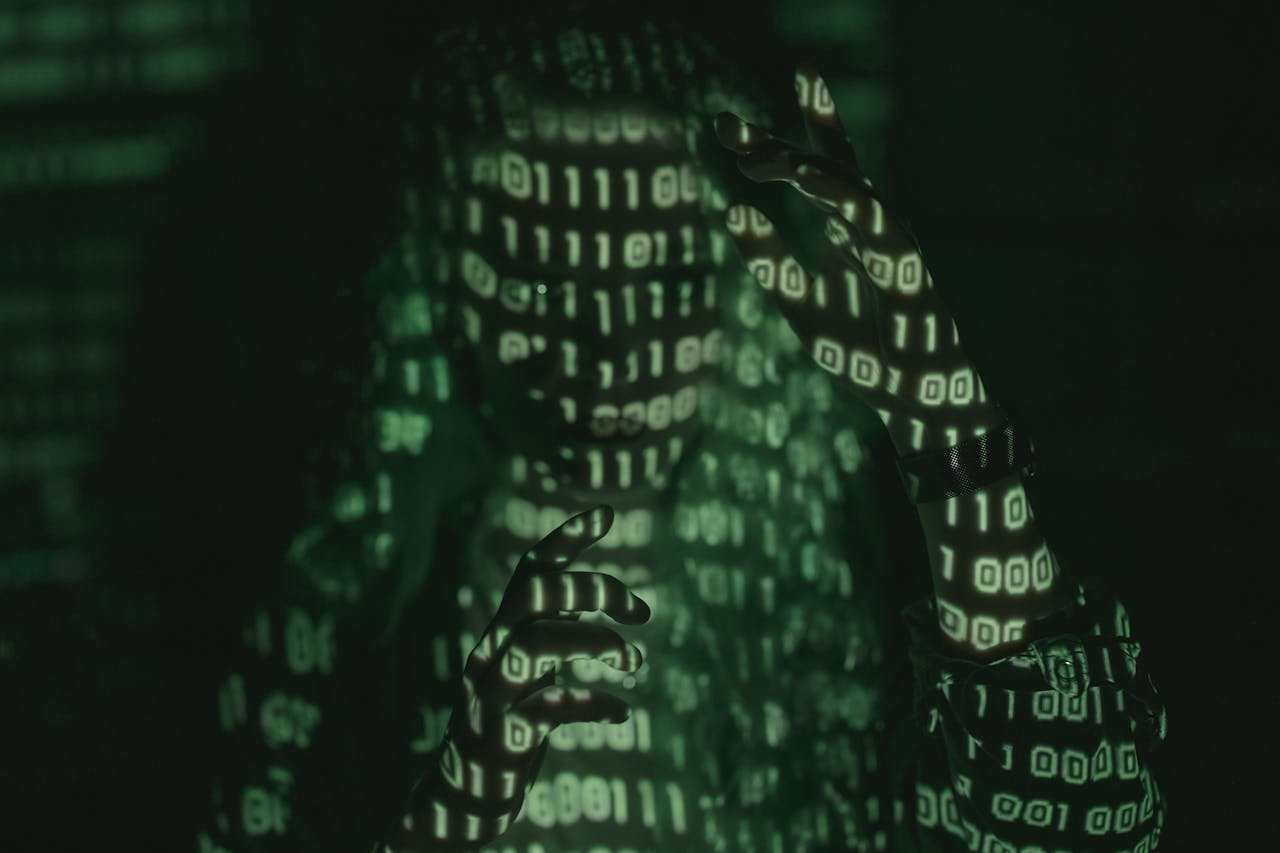The Evolving Cybersecurity Landscape
Cyber threats are mutating faster than many teams can patch vulnerabilities. State-sponsored incursions and profit-driven ransomware crews push the limits of existing defenses. Add the unpredictable complexity of AI-driven attacks, IoT device sprawl, and quantum computing’s looming impact, and the field suddenly demands a far sharper edge. The stakes are systemic, stretching from critical infrastructure to global finance. Research-driven strategies are no longer academic exercises; they are lifelines. For seasoned practitioners, the only way to stay ahead is to outpace the threat curve entirely. That requires mastery built at the highest academic tier possible, where investigation and innovation intersect.

Benefits of Pursuing a Doctorate in Cybersecurity Online
An online doctorate discards geographic constraints without diluting rigor. Professionals can maintain full-time roles while immersing themselves in deep, original research that shapes real-world defenses. The format enables contributions to scholarly journals and conference proceedings while cultivating university-level teaching credentials. Beyond the coursework, the value is in the network. Virtual cohorts span countries and industries, connecting you with faculty who have led national security projects and advised major tech powerhouses. This breadth of perspective turns a dissertation committee into an advisory board for your career. The payoff is expertise sharpened in parallel with hands-on industry relevance.
Key Specializations in an Online Cybersecurity PhD
Specializations define the research questions that will obsess you for years. Cryptography often focuses on post-quantum resilience and new computational hardness assumptions, preparing defenses before quantum attacks go mainstream. Digital forensics might delve into volatile memory artifact analysis to unearth intrusions invisible to conventional tools. Network resilience can examine self-healing architectures capable of containing and eradicating breaches autonomously. AI security challenges students to dissect and refine algorithms that detect adversarial manipulation in machine learning models. Each path carries distinct influence, from rewriting security protocols for global finance to reinforcing the trust scaffolding of AI systems. Choose the track that aligns with the strategic role you aim to own.
Balancing Professional Duties with Doctoral Research
Doctoral work is an endurance sport. Block scheduling preserves mental bandwidth for deep research sessions, while goal-driven sprints and short milestones keep momentum tangible. Aligning dissertation studies with work projects creates a two-for-one benefit and can sway employers to offer tuition support or mentorship. Progress evaporates without realistic weekly targets and peers to call you out when you drift. Isolate high-value tasks, automate what you can, and refuse to let noncritical meetings cannibalize research hours. The pressure will mount, but a clear structure and professional synergy make the load survivable.
Selecting Accredited Cybersecurity PhD Programs Online
Accreditation is your shield against paper degrees that carry no weight. Regional accrediting bodies in the United States, or international equivalents, signal legitimacy. Beware the hallmarks of academic traps: unclear faculty credentials, hidden technology fees, or a lack of published research from graduates. Programs vary widely. Some are pure research with minimal coursework, while others demand periodic campus residencies or integrate practical labs. Each format carries trade-offs in pace, networking depth, and immersion level. For those aiming to delve deeply into doctoral-level research while maintaining full-time employment, enrolling in a cybersecurity phd online can be transformative. Vet the program as rigorously as you would an enterprise security vendor.
Exploring Financial Support for Doctoral Cybersecurity Studies
Funding a doctorate takes strategic hunting. Research assistantships often pair tuition remission with paid investigative work that feeds directly into your dissertation. Universities frequently offer scholarships earmarked for STEM or national defense projects, and government grants can offset substantial costs. Some employers treat advanced academic work as an investment, offering sponsorships or reimbursement in exchange for applied research insights. Professional associations in cybersecurity regularly sponsor fellowships for projects that align with their mission. Overlooking these opportunities is both financially and professionally shortsighted.
Crafting a Competitive Application for Cybersecurity Doctorates
A strong application is a focused one. Your statement of purpose should signal a clear research trajectory, not a vague interest in “cybersecurity.” The research proposal must demonstrate you can define a solvable problem that matters. Publications and public talks show you have something to contribute now, not just after graduation. If you’ve driven incident response or architected secure systems at scale, showcase it with quantifiable results. Secure recommendations from mentors who understand both the academic rigor and the operational realities of the field. Committees notice when you bridge those worlds.
Projecting Career Outcomes for Cybersecurity PhD Graduates
Doctoral graduates in cybersecurity find themselves positioned for roles that blend leadership, policy influence, and technical mastery. Chief information security officers leverage their advanced research background to out-think both internal and external threats. Academic researchers incubate the protocols and frameworks that industry will adopt a decade later. Consultants at this level are not troubleshooting; they are advising boards on systemic resilience and strategic investments. Salaries reflect both scarcity and impact, often stretching deep into six figures with steep growth curves in leadership tracks. In government and the private sector alike, the doctorate signals an ability to navigate complexity at a scale rare even among veterans. When C-suite or tenure-track decisions are made, that credential tilts the odds.
Unleashing Your Research: Next Steps for Cyber Defense Experts
Graduation is not the finish line. It is the license to scale your impact. Join the most active professional networks in your domain and present at high-stakes conferences where policy and technology converge. Publish where the right people read, not just where it is easy to get accepted. Build collaborations with engineers, data scientists, and policy experts to tackle cross-disciplinary challenges that actually move the needle. An online doctorate is not a shortcut. It is a platform that, used well, can amplify both your reach and your authority in shaping tomorrow’s defenses.